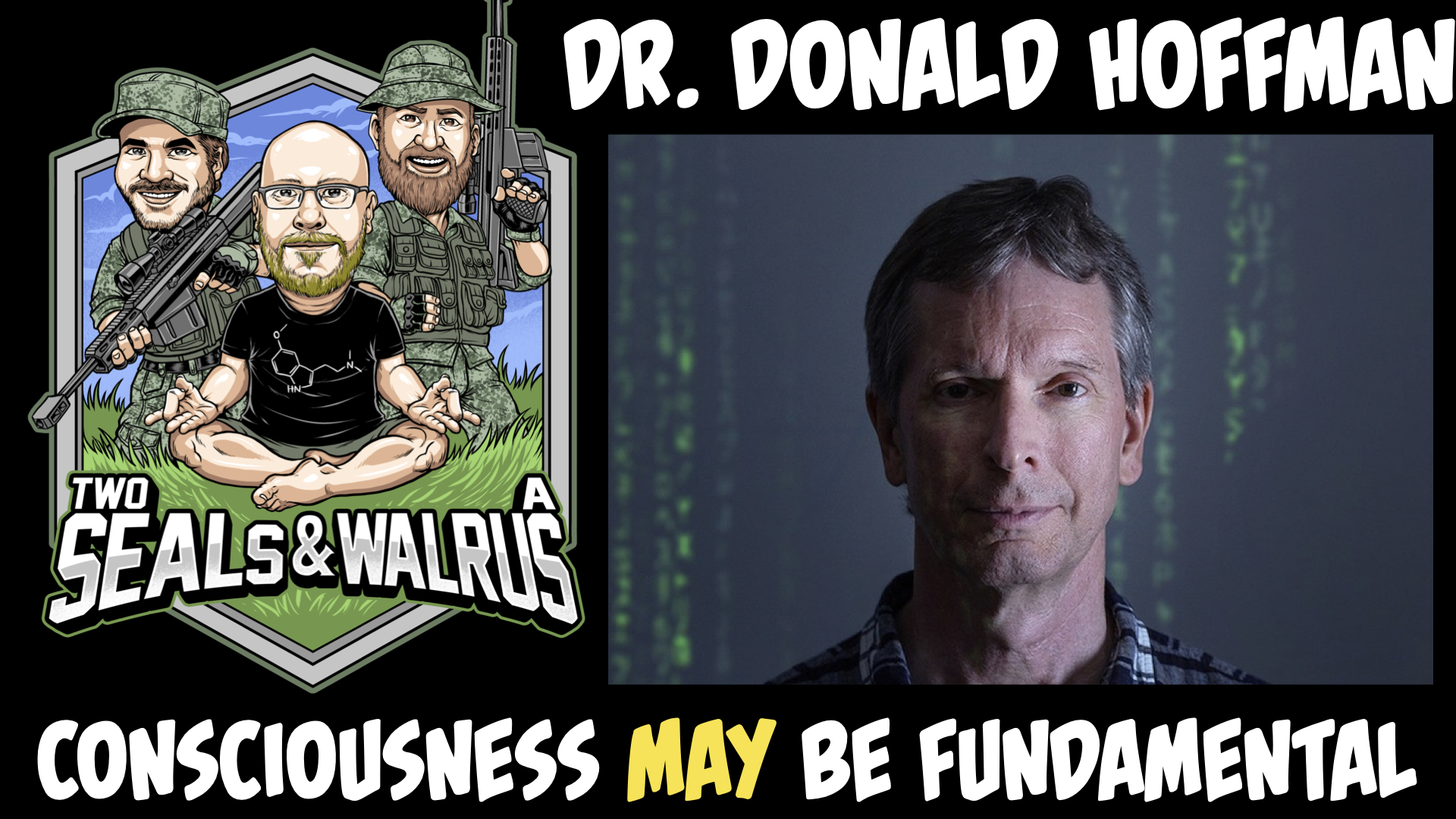On February 18, 2021, Cognitive Scientist Donald Hoffman was interviewed by human mind researcher Sean Webb on the podcast Two Seals and a Walrus. [Donald Hoffman was the featured researcher in the section titled “A False Reality” in Part I of the Sotto Voce Vault (watch his full TED Talk, “Do We See Reality As It Is?” HERE).]
Hoffman stated that mathematics proves “the probability is zero that any sensory system of any creature, not just humans, will be shaped by natural selection,” regardless of what the actual structures of objective reality are. “No sensory system will be shaped to see [those structures].” The Pillars of Modern Science – Evolution, Natural Selection, Einstein’s theories of space-time and gravity, and quantum field theory – all are coming to the same conclusion: that what we’re perceiving, space-time and its contents, is not the final reality. There is something deeper.
Is Consciousness the answer?
According to Hoffman, more data is needed. The psychological and medical sciences are far behind many other scientific disciplines in terms of statistical accuracy, and he suggests that serious, well-funded studies are needed to investigate what initial experiments into consciousness initially appear to suggest: that intelligence is the driving force of the universe. The next step the scientific community must take is to produce a theory that can predict outcomes and be tested, then honed to 5-Sigma accuracy.
Regardless, the curious correlation between time-space and consciousness cannot be discounted by the scientific community, and more scientists are beginning to take an interest in this burgeoning field.
You can check out the entire episode, S2E5, on YouTube HERE, and you can follow Sean on TikTok @mindhackinghappiness.
BIO: Donald Hoffman is a Cognitive Psychologist and a professor in the Department of Cognitive Sciences at the University of California, Irvine, with joint appointments in the Department of Philosophy, the Department of Logic and Philosophy of Science, and the School of Computer Science. Hoffman received a Bachelor of Arts degree in Quantitative Psychology from the University of California at Los Angeles (UCLA) in 1978, and earned his Doctorate of Philosophy in Computational Psychology at the Massachusetts Institute of Technology (MIT) in 1983.


